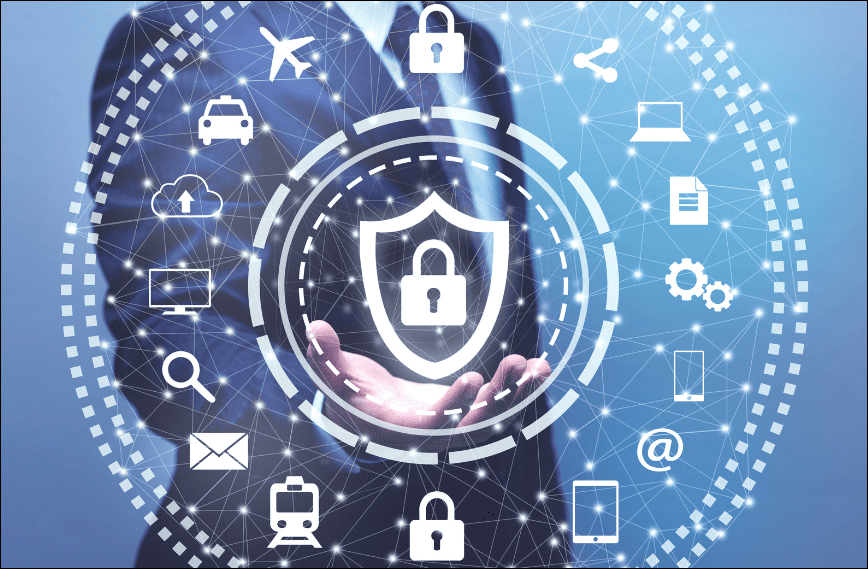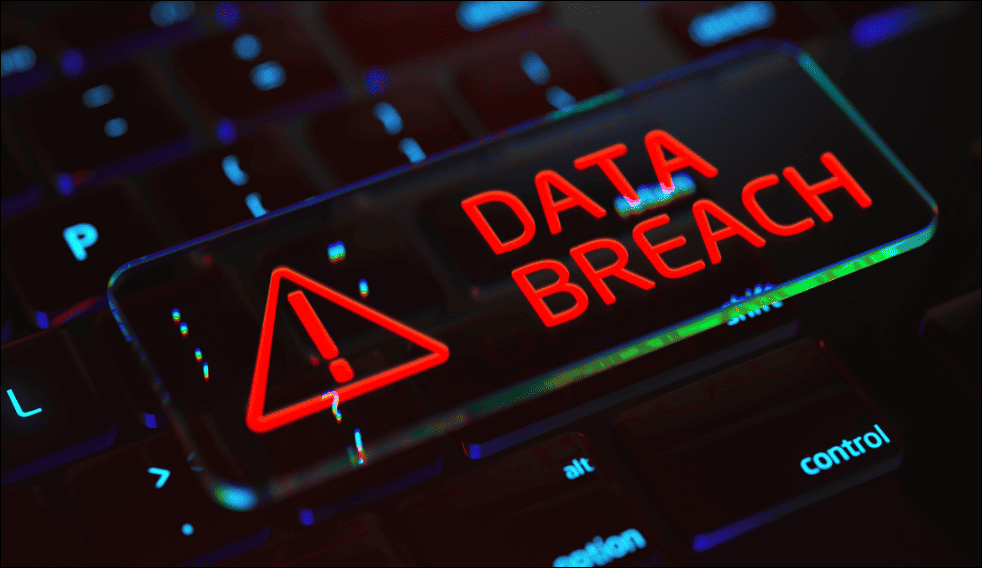There are many ways that your business might be unsecured and vulnerable to all kinds of different threats, from cybercriminals to natural disasters so it’s wise to learn what those threats are. more importantly, it's crucial to know how to make your business more secure in the face of them.
Table of Contents
You might not be able to stop things from happening – a hacker might still try to access your banking details, and a flood could still occur – but if you can put some plans in place to reduce the chances of these things being a disaster, that’s a great place to start.

With that in mind, let's check out some of the practical ways you can make your business more secure.
Train Your Team
It’s all very well having some great ideas and systems in place to keep your business as secure as possible, but if your team doesn’t know what they are, how to use them, or why they’re so important, they could all fail.
If you have great security measures, but they’re not used properly or at all, then what’s the point of having them? Your business won’t be secure.

That’s why you need to make sure you train your team about your business’s security, from locking the doors at night to using strong passwords and never opening strange attachments on emails.
Security is both a physical and digital thing, and everyone needs to know what to do. Ideally, this training should be updated regularly, as it’s easy to become complacent and start cutting corners, leading to your business being a lot more vulnerable than it should be.
Use Tokenization To Make Your Business More Secure
Tokenization might not be the first thing that comes to mind when you’re considering how to make your business secure, but it can actually be a hugely effective option, so it’s worth thinking about.
Tokenization is the process of turning valuable assets into digital tokens that can then be stored completely securely in a blockchain, reducing the chances of it falling into the wrong hands to almost nothing.
As well as tokenization, you can use cloud computing to keep other documents and sensitive information safe and secure – in the cloud, everything will be encrypted, so even if someone did manage to gain access to it, they wouldn’t be able to make any use of the information, so it’s an excellent option.
Install An Alarm System
As we said above, it’s not just your computer network and digital assets you need to take care of when it comes to the security of your business.
If you have an office building, factory, warehouse, or you run your business from home and you therefore have office equipment that could be tempting to a burglar in your house, then it’s very important to install a good alarm system to keep things safe.
In many cases, just having an alarm system is a great deterrent, so make sure it’s obvious that there is one installed – most burglars won’t run the risk of breaking into a property that has an alarm if they can find one that doesn’t!
However, just in case someone does still try to break in, make sure the alarm is one that contacts someone right away rather than just makes a noise that no one does anything about. Installing security cameras as an added measure is also a great idea.

FAQ Section: How To Make Your Business More Secure
1. Why is it important to make my business more secure?
- Businesses are vulnerable to various threats, including cyberattacks, natural disasters, and physical theft. Securing your business helps protect sensitive information, assets, and ensures the continuity of operations.
2. How can I ensure my team contributes to the security of the business?
- Training your team is crucial. Educate them on physical security measures (locking doors, etc.) and digital security practices (strong passwords, recognizing phishing emails). Regularly update this training to prevent complacency.
3. What is tokenization, and how can it enhance business security?
- Tokenization involves converting valuable assets into digital tokens stored securely in a blockchain. This process minimizes the risk of sensitive information falling into the wrong hands. Additionally, utilizing cloud computing for data storage ensures encryption, making unauthorized access futile.
4. How can I protect my physical business premises?
- Installing an alarm system is essential. A visible alarm acts as a deterrent, while one that alerts authorities increases security. Consider incorporating security cameras for added protection against theft and vandalism.
5. Are there other measures to enhance the security of my business premises?
- Implement access control systems, such as key cards or biometrics, to restrict unauthorized entry. Regularly assess and update security protocols to address evolving threats.
6. How often should I update my team's security training?
- Regular updates are crucial to keep security practices fresh in your team's minds. Conduct training sessions at least annually and promptly educate them on new security threats or protocols.
7. Can I rely solely on digital security measures?
- No, a comprehensive security strategy includes both digital and physical measures. Protecting your physical premises with alarms, cameras, and access control complements digital security measures, creating a robust defense against various threats.
8. What role does encryption play in securing my business data?
- Encryption is vital for safeguarding sensitive information. Ensure that all digital communications, stored data, and cloud-based assets are encrypted to prevent unauthorized access and protect against data breaches.
9. How do I choose the right alarm system for my business?
- Consider your business's specific needs, location, and size when choosing an alarm system. Opt for a system that not only produces a loud noise but also alerts authorities or a security monitoring service in real-time for a swift response.
10. What steps can I take to prevent insider threats?
- Implement user access controls to restrict employees' access based on their roles. Regularly audit user accounts to detect and address any anomalies. Foster a culture of security awareness to minimize the risk of internal threats.



